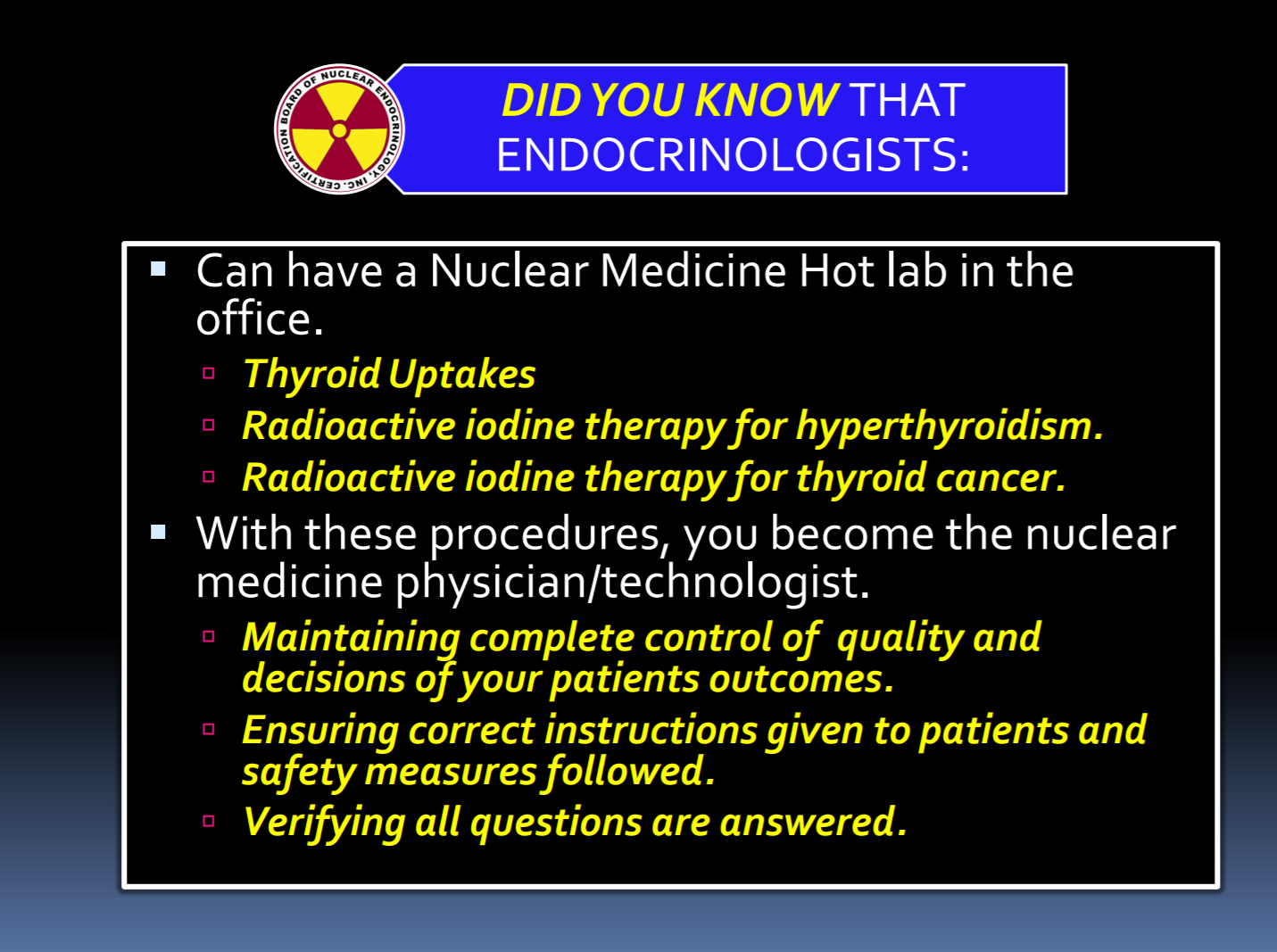When you rotated in the IR you will hear IR guys complaining about cardio and vascular take the lucrative part of their job away. The thing is, the technology IR uses is not exclusive, other specialities can use their equipment and do stuff. So even nephrologist are trying to take a bite from IR. Now, Rad/Onc has a great barrier that keep other specialities from touch, it is radioactive and needs good dosage / distribution calculations that none of any other specialities are allowed to do. So even through lots of people complain about rad Bio/physics, they are actually the stuff that make us unique and difficult to replace.
That being said, the technical barrier is not the excuse for leaders in the field to mess around. We need real research and we need to recruit smart people (I mean, please, not Just those book smart). For that, rad Onc has been doing exact opposite in last decade. People publish useless papers ( chart review, retrospectives, reviews etc) has been labeled as being productive and those doing lab research not on rad Onc related topics are in leadership positions in academic programs. Now when those people takes leadership positions, rad Onc will loss its momentum is discovering new treatments and indications.
Oncology is evidence based as it should be. When rad Onc slows down on research and clinical trials and other specialities are leaps and bounds on new drugs and tools, there is no indications to use radiation and rad onc physicians shall loss jobs. Honestly, When you put tons of your name in non rad Onc related papers while in rad Onc leadership positions, you are probably at the end of your career.
Anyway, the main tone of post is supposed to be positive
That being said, the technical barrier is not the excuse for leaders in the field to mess around. We need real research and we need to recruit smart people (I mean, please, not Just those book smart). For that, rad Onc has been doing exact opposite in last decade. People publish useless papers ( chart review, retrospectives, reviews etc) has been labeled as being productive and those doing lab research not on rad Onc related topics are in leadership positions in academic programs. Now when those people takes leadership positions, rad Onc will loss its momentum is discovering new treatments and indications.
Oncology is evidence based as it should be. When rad Onc slows down on research and clinical trials and other specialities are leaps and bounds on new drugs and tools, there is no indications to use radiation and rad onc physicians shall loss jobs. Honestly, When you put tons of your name in non rad Onc related papers while in rad Onc leadership positions, you are probably at the end of your career.
Anyway, the main tone of post is supposed to be positive





